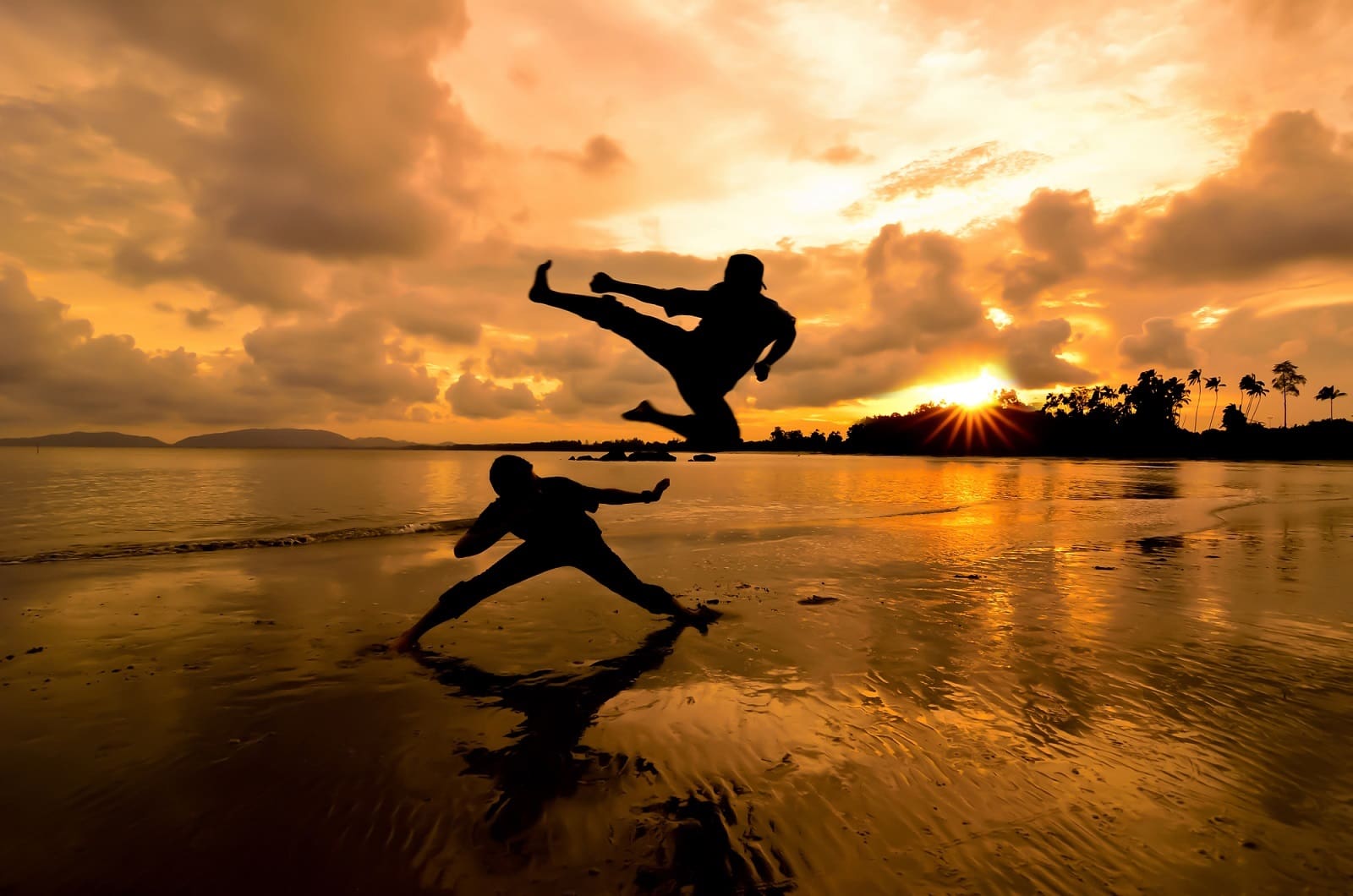5 Ways You Can Improve Safeguarding In Your Club Instantly
Safeguarding is a huge topic, and rightly so. You must take safeguarding seriously. As an association, this is a key principle of our ethics and standards. Whilst it can be easy to feel a little lost in the issue of safeguarding as a club, there are some key steps you can take to improve safeguarding at club level immediately.
1.) Register with a credible, professional organisation
This might sound a little self serving, but it’s a really important step to follow. There are plenty of associations out there – it’s not just us available, so take the time to explore what’s on offer and get a feel for the best fit for your club.
Why?
A good association can provide you with a wealth of knowledge and guidance on safeguarding, as well as the mechanisms to applying good safeguarding practice practically at club level. It’s important to stress the word ‘good’ here – if the association is more fussed about belts and grades than safeguarding participants, you’ll likely find the guidance on hand is less than adequate. Take the time to explore your preferred governing body’s approach to safeguarding. If it’s high on their agenda, being attached to a large organisation with the resources to support all sorts of safeguarding initiatives (such as training, guidance, qualifications, DBS checks etc) is invaluable.
2.) Take the time to create and review your in-club safeguarding procedures
Alot of clubs new to safeguarding feel that it’s more about ticking a box than delivering anything substantial, but that just isn’t true. Safeguarding quite literally means putting into place control measures to try and prevent abuse. A safeguarding qualification is the essential place to start. It will teach you what safeguarding is, what your role is, how to fulfil your duties and how to report concerns. It’s something absolutely every martial arts instructor should have and they are not expensive, either.
In addition to a safeguarding qualy, you should ensure you have the right safeguarding procedures in place. This should include a safeguarding policy and statement, a designated (and publicly identified) welfare officer and DBS checks for all eligible staff or volunteers.
3.) Get properly trained and obtain a safeguarding qualification
We’ve already covered this above, but it’s that important we’ve given it a priority of its own. A safeguarding qualification is the fundamental start to protecting young people and adults at risk. Learn what safeguarding is about, how to do it properly, your obligations and what to do when you suspect abuse – get a safeguarding course booked in! We also recommend our members submit themselves to the Safeguarding Code In Martial Arts as a great way of auditing your processes. We are the only non Sport England NGB with a seat at the table of the influential Martial Arts Safeguarding Group (MASG) who meet regularly to discuss safeguarding in martial arts and the development of the Safeguarding Code.
4.) Make sure your staff and volunteers are up to speed
It’s all very well you (as the lead instructor) taking the time to get yourself qualified, vetted and checked but if you’re permitting unvetted people with access to children or adults at risk, there is a huge safeguarding vulnerability. You have a legal duty to ensure you’re adequately vetting your staff. This includes third party ‘temp’ cover instructors or freelancers, as well as volunteers. As an association we provide our lead instructors with alot of resources centered around their obligations to properly vet staff and we would expect any other serious NGB to be doing the same.
5.) If in doubt, speak with an expert
We’re not all experts in safeguarding. If you’re teaching a 40 hour week with admin on top, it’s possible you’re not going to have the right amount of time to set aside for regular CPD in this area. To this effect, if you’re in any doubt about your club’s safeguarding readiness or your ability to deal with a safeguarding emergency, you should absolutely reach out to an expert who can help.
It’s not always a costly exercise, but sometimes being registered with a safeguarding advisory board / agency can be a great support tool. We provide all of our members with access to as much specialist one to one safeguarding support as needed through our approved safeguarding body, SafeCIC. In addition to this, our door is always open to any clubs – regardless of whether or not you’re registered with us – if you’re keen to improve your safeguarding standards but don’t know where to start.

